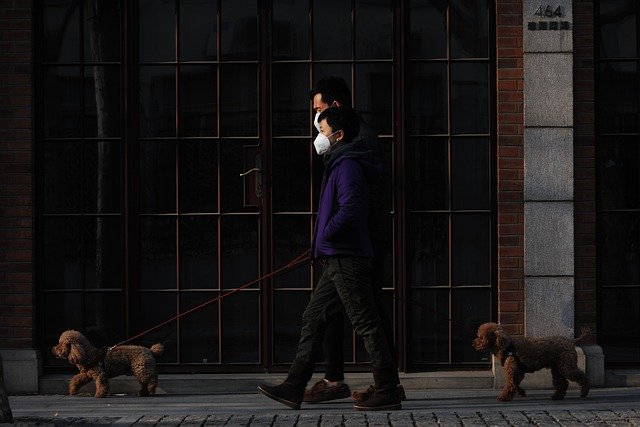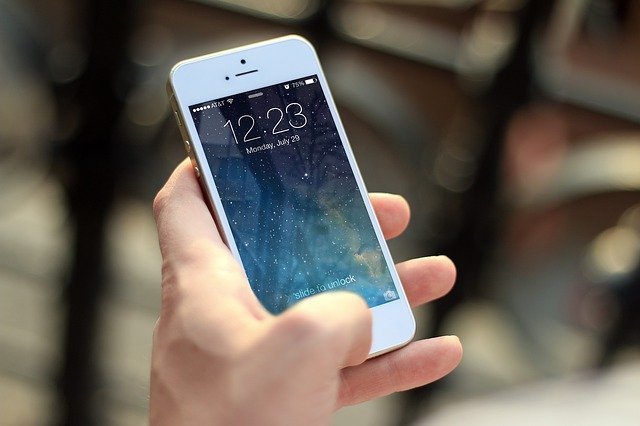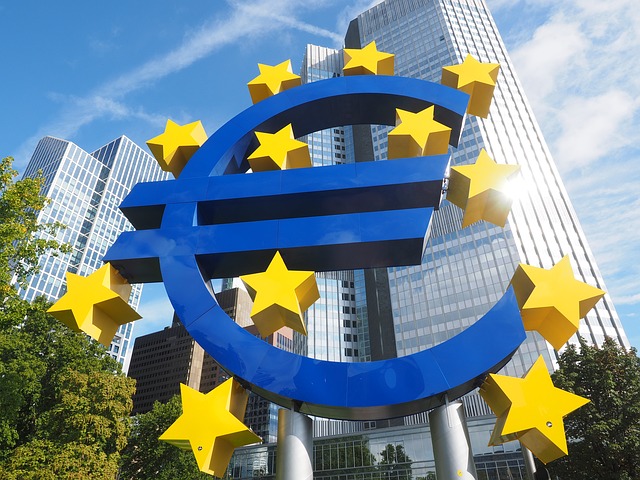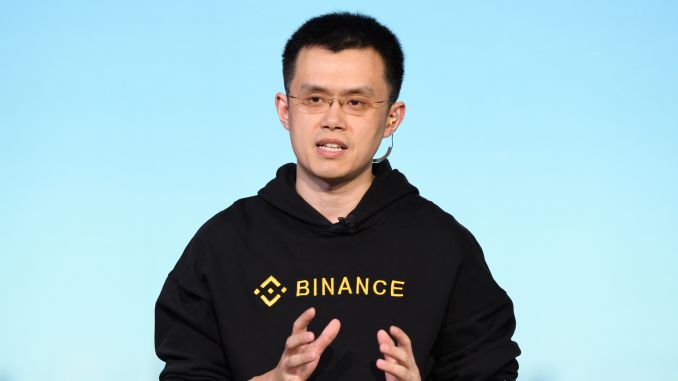
The world is slowly but certainly acclimatizing to COVID-19 pandemic measures set up to fight the virus outbreak. As the novelty of a global lockdown wears off, solutions are being developed via new technologies every week to help societies and economies better manage the many disruptions and damages wrought by the pandemic. Recently, discussion on removing banknotes, known to be virus and bacteria carriers, emerged again from the Deutsche Bank and a case for central bank digital currency (CBDC) development was once again made.
However, while it is nearly impossible to swap out physical cash for digital currencies overnight, there has been encouraging progress on other fronts to combat the challenges populations are facing right now across the globe. Here are this week’s COVID-19 updates in the crypto and blockchain sphere:.
Italy Responding to The Spread of Fake News

It is said that bad news often travels fast, and in an age where connectivity among individuals is at its highest, the dissemination of grim COVID-19 news has increased tenfold in scope and magnitude. While an abundance of information at one’s fingertips is usually considered a good thing, in a global pandemic where panic and fear runs rife, unverified, fake news end up spreading in communities and exacerbates tensions between individuals and groups unnecessarily.
Italy’s Agenzia Nazionale Stampa Associata (ANSA), a news cooperative which oversees the quality of news reporting in the country, launched ANSAcheck on April 6, a blockchain-based tracking and verification system that will facilitate the authenticity of news and its sources when they are published on social media or news platforms. News articles will now come with a unique tracking label that helps readers to ascertain the origin of the news. In collaboration with Ernst & Young and the firm’s blockchain hub, different actors, publishers, web agencies and more are now connected under a large ecosystem to improve the distribution of news in these times.
“In recent days, we witnessed the frequent fraudulent use of our brand to give truth to false news. We are therefore particularly proud to be the first to launch a highly innovative project, carried out for all our readers and the clients of the Agency. Starting today, we can track the origin of the news and – at the same time – support the professionalism of our journalists,” said Stefano de Alessandri, Chief Executive Officer of ANSA.
Several countries have also prioritized crackdowns on fake news on social media and news platforms where culprits charged can face criminal charges. Others have set up national COVID-19 news channels and urged its citizens to receive updates only via these official channels, while debunking numerous fake news on a daily basis.
Tracking Citizen Movement in Latin America with Blockchain App Civitas

Blockchain startup Emerge has developed a public safety system to safeguard the health of the most vulnerable individuals in communities, namely the poor, the elderly or those with medical issues. As these individuals may be unable to get access to affordable supplies in a convenient manner, they often end up exposing themselves to risk when they are forced to leave the safety of their homes and visit a crowded supermarket or clinic.
With Civitas, the app will guide them to make their trips for essentials at the most optimal time. Food delivery for charities and welfare programs that provide meals will also be indicated in the app so that people who need assistance the most know where from to obtain aid. Moreover, authorities can assess if citizens are allowed to leave their homes or if they are feeling unwell.
The app is designed to “ensure public order and safety under otherwise chaotic conditions,” and moving beyond food purchases, Civitas can be extended for use in the healthcare sector as well.
Privacy Concerns in COVID-19 Pandemic Measures

Location tracking by central governments would have been unfathomable and considered a human rights violation before the pandemic, but due to the infectious nature of the virus where contact tracing and access to data are paramount, the increase in supervisory measures have been largely met with acceptance by populations. However, the risk of breaches in data security still remains, which could deter a sizable number of persons from seeking help when they begin displaying an onset of COVID-19 symptoms.
To solve this problem, blockchain project Genobank will be launching a healthcare data app Agerona executed on the Telos blockchain platform to help users “securely source for low-cost COVID-19 testing”. All personal data will be managed on the Telos blockchain network and individuals can remain anonymous when looking for a test kit, receiving it and then sending it for testing at a verified lab. The whole process can be tracked on the blockchain system and is accessible for viewing without leaking any personal information or identities. Moreover, researchers can also utilize such data to better understand the virus without compromising user privacy.
You may also want to read: Last Week’s COVID-19 Updates in Crypto: How Russia is Dealing with the Crisis, Changes in Bitcoin Usage & More


